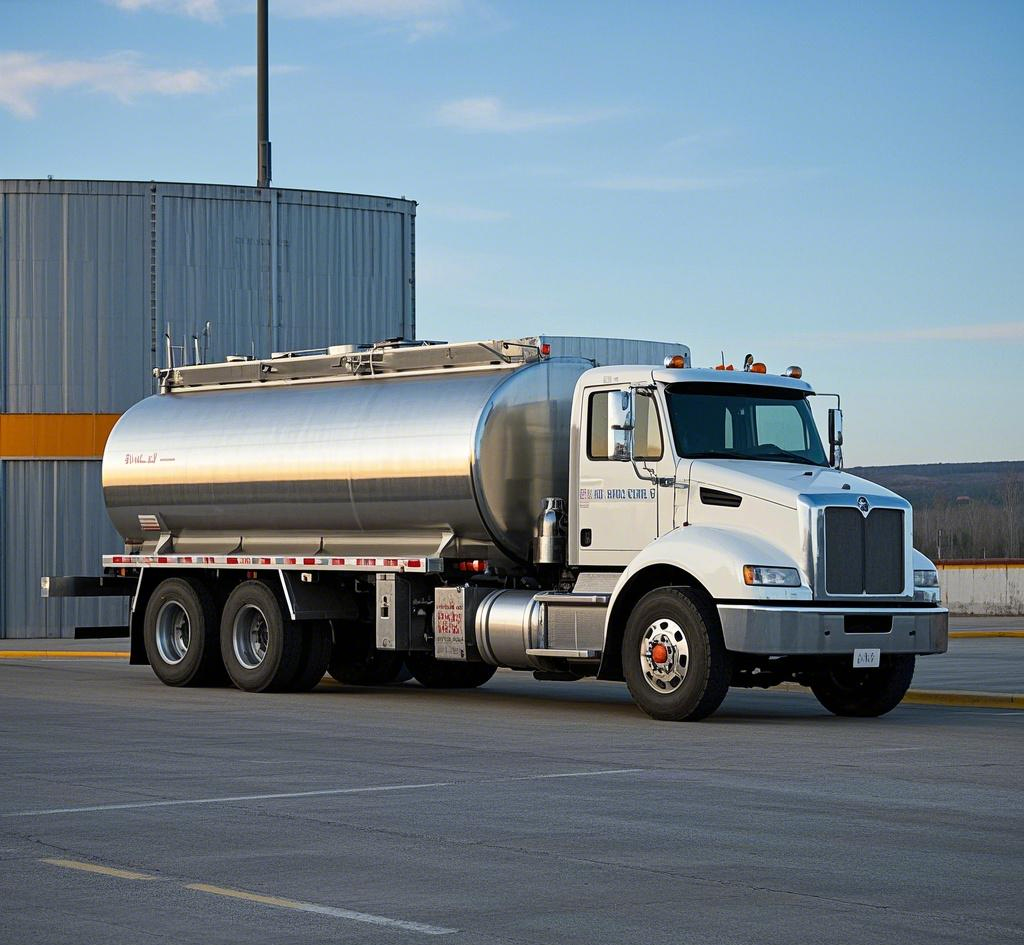09
2025
-
09
Steel vs. Aluminum Tankers: Which Is More Popular?
Author:
Introducing the reasons why aluminum tankers are more popularity:cost, sustainability & performance advantages
Core Factors for Comparing Steel vs. Aluminum Tankers’ Popularity
When delving into the question of "Steel or Aluminum Tanker: Which is More Popular," several pivotal factors come to the forefront, including weight, durability, and operational efficiency. In the context of modern logistics, these factors collectively steer the demand towards aluminum tankers. Steel tankers, traditionally favored for their robust strength, are burdened by excessive weight. On average, a steel tanker of a given capacity weighs 30 - 40% more than its aluminum counterpart. This additional weight curtails the payload capacity, leading to increased fuel consumption and higher transportation costs per trip.
Conversely, aluminum tankers capitalize on the lightweight nature of the material. They can enhance the payload by 10 - 15% while still upholding structural integrity. For industries involved in the transportation of fuel, chemicals, and food—where every kilogram of cargo holds significant value—this advantage positions aluminum tankers as the more sought-after option. Exceed Metal, a frontrunner in the aluminum processing industry, manufactures high-strength 5083, 5052, and 6061 aluminum sheets specifically for tanker production. By doing so, it provides a material solution that outperforms steel in crucial logistics metrics, effectively addressing the "Steel or Aluminum Tanker" dilemma.
Cost & Sustainability: Reasons Aluminum Tankers Surpass Steel in Popularity
The cost-effectiveness over the entire lifecycle is a determining factor in the "Steel or Aluminum Tanker: Which is More Popular" debate. Although steel tankers may have a lower initial cost, aluminum tankers offer substantial long-term savings. Their corrosion resistance eliminates the need for frequent repainting or anti-rust treatments, which are annual expenses for steel tankers. Moreover, the lightweight design of aluminum tankers can reduce fuel costs by 8 - 12% annually.
Sustainability further fuels the popularity of aluminum tankers. Aluminum is 100% recyclable, and recycling it requires only 5% of the energy needed to produce primary aluminum, aligning perfectly with global carbon reduction objectives. While steel recycling is also common, it consumes more energy and generates higher emissions compared to aluminum recycling.
Performance in Severe Environments: A Key Factor in Steel vs. Aluminum Tankers’ Popularity
The performance of tankers in harsh environments, such as exposure to chemicals, saltwater, or extreme temperatures, provides a critical perspective for specialized industries when answering the question of "Steel or Aluminum Tanker: Which is More Popular." Steel tankers are susceptible to rust and chemical corrosion, for instance, from acidic liquids, which can result in leaks and a shortened service life, typically ranging from 8 - 10 years.
On the other hand, aluminum tankers excel in such challenging conditions. Alloys like 5083, which are used in Exceed's tanker sheets, offer exceptional resistance to saltwater and chemical erosion, extending the service life to 15 - 20 years. Additionally, aluminum's thermal conductivity enables uniform temperature control for temperature-sensitive cargo, such as food-grade liquids, a feature that steel lacks. Exceed's aluminum sheets for tankers undergo rigorous quenching and stretching processes, enhancing their tensile strength (up to 310 MPa) and impact resistance, which are crucial for withstanding rough road conditions.
aluminum sheet for oil tanker,tanker aluminum
2025-03-17
Steel vs. Aluminum Tankers: Which Is More Popular?
2025-09-09










